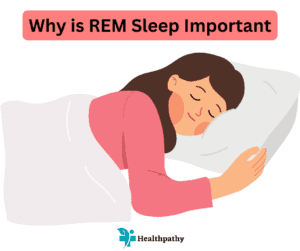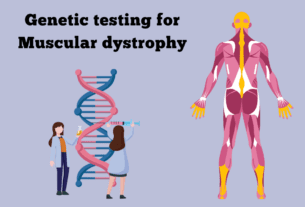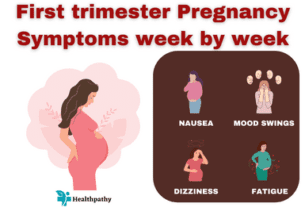Why is REM Sleep Important
Sleep is a fundamental aspect of human life, essential for our physical, mental, and emotional well-being. Within the realm of sleep, Rapid Eye Movement (REM) sleep stands out as a critical stage in the sleep cycle. REM sleep is characterized by vivid dreams and rapid eye movements, and it plays a pivotal role in various physiological and cognitive processes. In this article, we will explore the significance of REM sleep, its functions, and the consequences of its disruption on our health.
The Sleep Cycle
To comprehend the importance of REM sleep, let’s briefly delve into the sleep cycle. Human sleep is divided into two main stages: Non-REM (NREM) sleep and REM sleep. The sleep cycle typically repeats multiple times throughout the night, with each cycle lasting approximately 90-110 minutes. NREM sleep, which comprises about 75% of the sleep cycle, can be further divided into three stages. They are N1 (light sleep), N2 (intermediate sleep), and N3 (deep sleep). Following NREM sleep, we transition into REM sleep, making up about 25% of the sleep cycle.
The Characteristics of REM Sleep
A unique set of physiological features characterizes REM sleep:
Rapid Eye Movements: During REM sleep, our eyes move quickly in various directions, akin to following the scenes of a vivid dream.
Vivid Dreams: REM sleep is closely associated with intense, surreal, and often emotional dreaming experiences. The content of these dreams is believed to play a role in emotional processing and memory consolidation.
Muscle Paralysis: One intriguing aspect of REM sleep is REM atonia, a state of muscle paralysis that prevents us from acting out our dreams physically. This protective mechanism ensures we do not injure ourselves while dreaming.
The Functions of REM Sleep
Memory Consolidation: One of the primary functions of REM sleep is the consolidation of memories. During this stage, the brain processes and stores information obtained throughout the day, helping to enhance learning and memory retention. Studies have shown that REM sleep deprivation can impair memory formation and cognitive performance.
Emotional Regulation: REM sleep plays a significant role in emotional regulation and processing. Dreaming allows the brain to work through emotional experiences and can be an essential mechanism for coping with stress and trauma.
Brain Development: REM sleep is particularly important during early development, as it appears to be crucial for the maturation and growth of the developing brain. Infants spend a more significant portion of their sleep in REM compared to adults, suggesting its role in brain development.
Learning and Creativity: REM sleep is linked to creative thinking and problem-solving abilities. People who experience adequate REM sleep often exhibit improved cognitive flexibility and enhanced creative performance.
Restoration and Energy Conservation: While REM sleep is primarily associated with brain activity, it also contributes to physical restoration and energy conservation. A good night’s sleep, including sufficient REM sleep, allows the body to repair tissues, regulate metabolism, and conserve energy.
The Consequences of REM Sleep Disruption
Disruptions in REM sleep can have significant consequences on both mental and physical health:
Cognitive Impairment: REM sleep deprivation can lead to cognitive deficits, including memory problems, reduced attention span, and impaired decision-making abilities.
Emotional Disturbances: Insufficient REM sleep has been associated with increased emotional reactivity, mood swings, and a higher likelihood of developing mood disorders such as depression and anxiety.
Reduced Creativity: Without enough REM sleep, individuals may experience a decline in creative thinking and problem-solving skills.
Physical Health Issues: Chronic REM sleep deprivation has been linked to an increased risk of various health issues, including cardiovascular diseases, metabolic disorders, and weakened immune function.
Summary:
REM sleep plays a crucial role in our overall health and well-being. Its importance lies in memory consolidation, emotional regulation, brain development, learning, and creativity. Disruptions to REM sleep can have severe consequences, affecting cognitive function, emotional stability, and physical health. Therefore, it is essential to prioritize sleep habits and ensure adequate REM sleep to enjoy a productive and fulfilling life. If you find yourself consistently experiencing sleep disturbances, consulting a healthcare professional may be beneficial to improve the quality of your sleep.
Related Articles:



Follow us:






